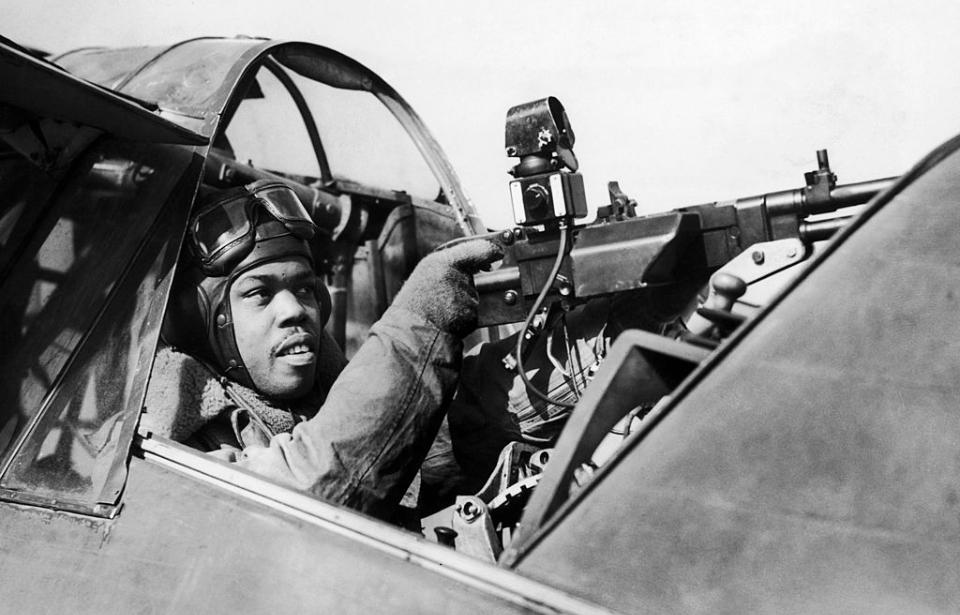People from all walks of life came together to fight during World War II, defending their countries and upholding the values of freedom and democracy. Among the many heroes of the conflict were the Jamaicans who served valiantly in the Royal Air Force (RAF). Despite facing racial prejudice and discrimination, these individuals demonstrated unwavering dedication and courage, making significant contributions to the war effort.
When Britain declared war on Germany in 1939, the call for volunteers went out across the Empire, including Jamaica. While a British colony, Jamaica’s population had long been marginalized and subjected to inequalities, but this didn’t stop many women and men joining the RAF.
Approximately 6,000 Black Caribbean men volunteered for the RAF, with only about 450 serving as aircrew. There were also 80 women who joined the Women’s Auxiliary Air Force (WAAF). Impressively, the majority of these volunteers came from Jamaica. By February 1945, there were over 3,700 Jamaicans in the RAF. Seen in the above photo is one of these air gunners. He sits in the cockpit of an Army Cooperation Command aircraft, around 1940.
For many of these RAF and WAAF members, their experience serving was positive. Issues of racism were taken very seriously. In fact, an Air Ministry Confidential Order dated June 1944 stated that “all ranks should clearly understand that there is no colour bar in the Royal Air Force…any instant of discrimination on grounds of colour by white officers or airmen or any attitude of hostility towards personnel of non-European descent should be immediately and severely checked.”
Although there were some instances of racism, generally speaking, “black recruits in the armed services were treated with respect, and amongst their comrades there were friendships.” Historian Stephen Bourne explained that “where [the British] differed is that the Americans were very segregated. We didn’t do that, so there were opportunities for men and women from the Caribbean to integrate.” These individuals would have negative run-ins, but they were often with American GIs.
Following the war, the contributions of Jamaican RAF crewmen were significant in shaping the post-war world. The HMT Empire Windrush arrived in the United Kingdom on June 22, 1948, beginning the large-scale arrival of Caribbean immigrants, who’d be called the “Windrush Generation.”
They aided in post-war reconstruction. Despite their heroic service, the Windrush Generation faced considerable challenges in the UK, with discrimination and prejudice being commonplace – a complete contrast to their wartime service.
More from us: Royal Air Force Airmen Underwent Intense Training Before Taking to the Skies for Missions
In recent years, efforts have been made to acknowledge the bravery of Jamaicans and other Caribbean volunteers who served in the RAF. Memorials, exhibitions and public commemorations have been held to honor their sacrifices and ensure their stories are never forgotten.
